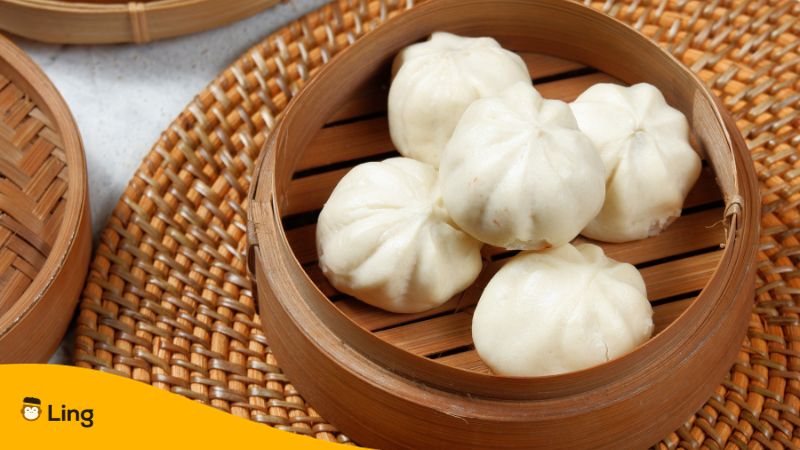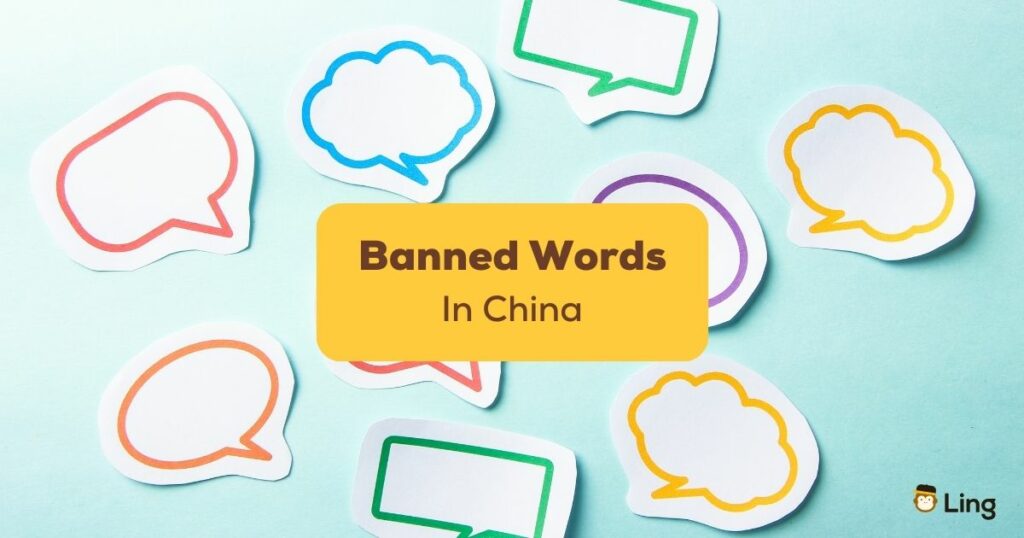In today’s world, information flows freely through the internet. However, in China, the Chinese Communist Party and the central government wield alarming censorship powers. This results in a multitude of banned words in China.
The “Great Firewall of China,” operated by the Chinese government within mainland China, is notorious for blocking access to tens of thousands of websites and platforms. This extensive censorship affects online discourse, with banned words often shrouded in controversy and political sensitivity among Chinese citizens. This post will look at intriguing censored terms and uncover Chinese censorship. Let’s start!
List Of Banned Words In Chinese
Following are some of the words which, if uttered within Chinese borders, are going to cause anyone a lot of trouble. Let’s take a look at some of these banned words and explore the reasons for which they were banned.
1. Nomadland – Yóumù Zhī Dì (游牧之地)
The movie “Nomadland,” directed by Chloé Zhao, is a cinematic masterpiece that delves deep into the heart of the American dream. However, China banned this movie. The film’s portrayal of life on the road clashes with the government’s carefully crafted image of stability and prosperity.
The Chinese-born director faced China’s scrutiny and censorship due to her remarks in the past. This added another layer of complexity and regulations to China’s social media, films, websites, and state media.
As a result, the word “Nomadland” remains banned in China. Related banned words are: “Nomadland Oscar,” “Chloé Zhao humiliate China,” and “Oscar for Best Director.”
2. Baozi – Bāozi (包子)
“Bāozi,” is a delicious steamed bun in Chinese cuisine that took on a different role in internet slang. Online, it became associated with Chinese President Xi Jinping as a nickname. Some netizens used the term as a way to indirectly reference Xi Jinping in a humorous or satirical manner.

3. Sprinkle Pepper – Sā Shàng Hújiāo Fěn (撒上胡椒粉)
The phrase “Sprinkle Pepper” takes on a rather unexpected twist. It became a sensitive term because of an incident during Xi Jinping’s speech celebrating China’s triumph over poverty.
During his speech, President Xi Jinping stumbled over a line, using the phrase “sprinkling pepper” in a metaphorical sense to describe ineffectual work. His pause at the phrase led to speculation. People accused and speculated that the two Tsinghua University degrees of General Secretary Xi Jinping may simply be on paper.
The term “pepper” was entirely censored on the popular microblogging site Weibo for eight days following the speech. Also, social media users can no longer search for video footage of the speech. Even today, the word “pepper” remains one of the sensitive words on Chinese social media platforms. Posting “sprinkle pepper” on Weibo can delete the offending account.
4. Great Firewall Of China – Zhōngguó Fánghuǒqiáng (中国防火墙)
The “Great Firewall of China” is a famous term representing how the Chinese government censors and controls the internet. Surprisingly, just talking about this symbol of Chinese internet control can get you censored. This shows how much the government controls online conversations and internet censorship.
The Great Firewall operates by monitoring and filtering Chinese internet traffic, especially on Weibo. It also blocks access to websites and online content that the government deems politically sensitive. It serves as a powerful tool for shaping the online narrative originally published and maintaining the ruling party’s grip on information flow.
5. Go, Hong Kong! – Xiānggǎng Jiāyóu (香港加油)
China banned any expression of support for the Hong Kong protests, including the use of the phrase, “Go, Hong Kong!” The Chinese government considers this a challenge to their authority.
The ban on “Go, Hong Kong” serves as a stark reminder of the Chinese government’s strict censorship policies when it comes to issues related to democracy, human rights, and political freedom.

Banned Names In China: A Glimpse Into Censorship
In China, even names can become a source of contention. Here are some notable Chinese names that have faced bans:
1. Dalai Lama (达赖喇嘛)
The Dalai Lama, a revered spiritual leader in Tibet, embodies a long-standing controversy within China. The Chinese government has accused the Dalai Lama of advocating for greater autonomy for Tibet, a stance they view as a threat to China’s territorial integrity. Consequently, supporting the Dalai Lama is strictly banned within mainland China.
2. Peng Shuai (彭帅)
The mysterious disappearance of tennis star Peng Shuai sent shockwaves around the world. This has made even mentioning her name a sensitive matter in China. Discussions about Peng Shuai on social media platforms are swiftly censored. Her case has garnered international concern, especially as it implicates a high-ranking Chinese official, Zhang Gaoli, former Vice Premier.
3. Zhao Wei (赵伟)
Zhao Wei, a beloved actress in China, has also mysteriously disappeared from the entertainment world, leaving Chinese citizens bewildered. This led to numerous questions on social media. However, Chinese authorities have prohibited discussions about her case, adding to the mystery surrounding her whereabouts. The speculation surrounding Zhao Wei’s disappearance has not only gripped mainland China but also drawn attention from Hong Kong, Fujian Province, and Taiwan.
The Impact Of Banned Words In China
In the People’s Republic of China, the prevalence of banned words significantly impacts the online experiences of Chinese citizens. Under the watchful eye of the Chinese Communist Party, the government censors various things to maintain the social order, which stifles free speech in Chinese society.
China’s authorities assert that limiting freedom of expression is essential for monitoring potential issues. Bodies like the National People’s Congress, State Council, and Standing Committee play key roles in shaping these policies.
News media in China, including China Digital Times, often grapple with self-censorship to avoid backlash. This hinders open and transparent news reporting. Despite these constraints, Chinese internet users display resilience by using coded language and creative metaphors. This shows the complex interplay between censors, news coverage, and the quest for free speech among internet users in Chinese society.
Learn More With Ling!
Ready to embark on your language learning journey? The Ling app is here to make it fun, easy, and engaging! Say goodbye to dull textbooks and hello to interactive lessons, quizzes, and games. Whether you’re a beginner or brushing up on your skills, we’ve got you covered. So, what are you waiting for?
Download the app on the App Store and Play Store today!





























































